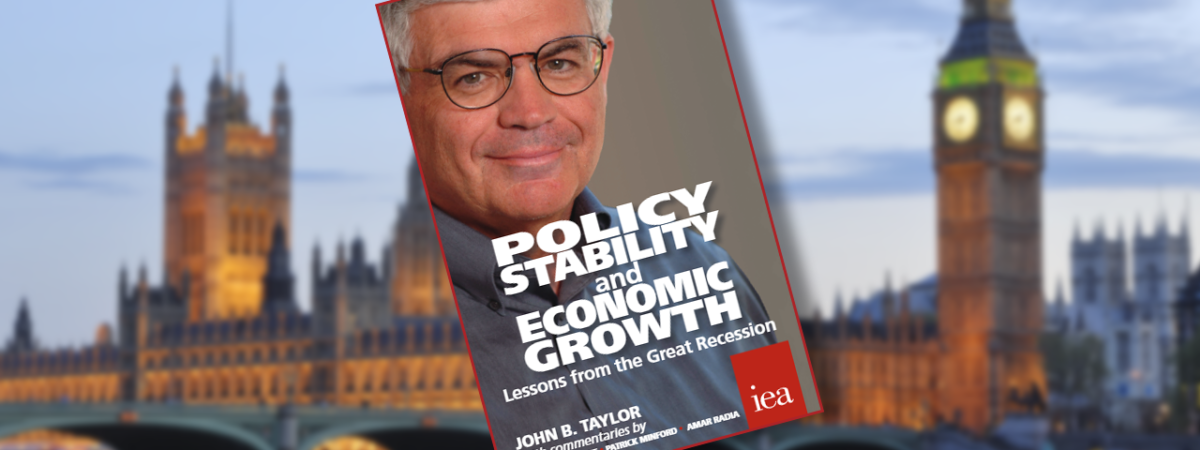The Housing Crisis: A Briefing
SUGGESTED


Stable rules-based policy and nominal GDP targeting could avert another banking crisis

New IEA briefing identifies causes of housing crisis & suggests solutions
- Since 1970, average house prices have risen four and a half fold after inflation. No other OECD country’s experience has even come close.
- The UK’s housing stock is not just inadequate in total, but much of it is also in the ‘wrong place’, because what little development we have is skewed towards those parts of the country where the problem is least bad (and effective demand for housing the lowest).
- There is no specific shortage of social housing, or private rented accomodation, or homes for first-time buyers, but an overall shortage of inexpensive housing across all tenures.
- Government solutions, through interventions such as the Help to Buy scheme, changes to inheritance tax, and higher tax for buy-to-let landlords are all a step in the wrong direction.
- Greenbelts are not just outdated, but conceptually wrong. Protecting land from development should be done in a selective manner; a proximity of a plot of land to, for example, London or Oxford, is not in itself a valid reason for a presumption against development.
- Boosting homeownership should not be a policy aim in its own right. The government’s aim should be to improve affordability in general.
- Sensible tax changes, such as fiscal devolution, would strengthen incentives to permit development by ensuring that local authorities gain from it.
This report featured in CityAM.
To read the press release, click here.
Fullscreen Mode




